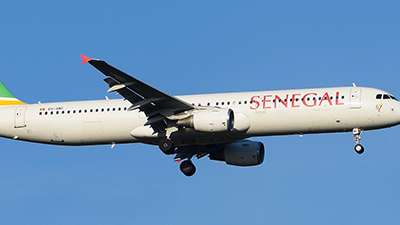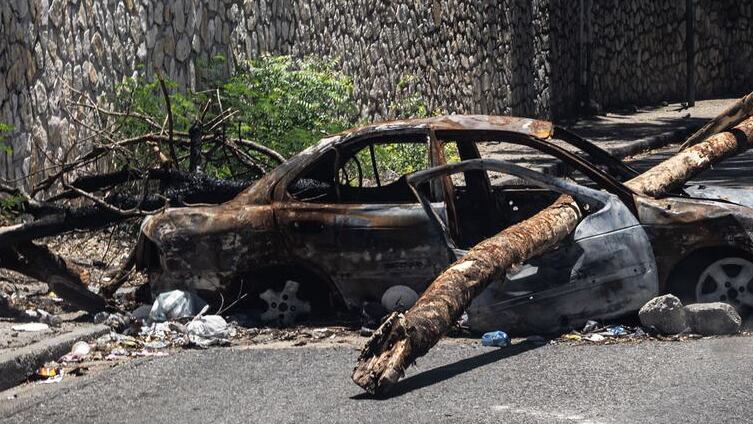
Air Senegal: a company in a turbulent zone
A sky darkened by a colossal debt
Air Senegal, once a symbol of national pride, is now mired in an unprecedented financial crisis. The company has a staggering debt of 100 billion CFA francs, divided between public and private creditors. According to sources close to the case, 75 billion are owed to public structures such as Blaise Diagne International Airport (AIBD) and the Airport Infrastructure Development Fee (RDIA), while 25 billion concern private debts deemed critical.
This alarming financial situation is exacerbated by a share capital limited to 40 billion CFA francs, insufficient to support the development of the company. A former general manager emphasizes: "The State must imperatively increase the capital of the company or open the door to private investors. Without recapitalization, Air Senegal will never be able to compete with its competitors."
Ground management: overstaffing and controversial decisions
Beyond the figures, Air Senegal's internal management is strongly criticized. With a workforce of 600 employees for a fleet of only five aircraft, the company has a ratio of one aircraft for 150 employees, well above international standards that recommend a ratio of one aircraft for 75 employees. This overload of personnel increases fixed costs and limits the company's competitiveness.
The new CEO, Tidiane Ndiaye, appointed in August 2024, has undertaken ambitious reforms to turn the situation around. These include the closure of six of the twenty-one lines served, notably to Cameroon and Gabon, effective since September 19, 2024, as part of a major restructuring aimed at reducing costs and optimizing resources.
However, these measures raise questions, especially since suspicions of a conflict of interest weigh on the new leader. Indeed, close links between El Hadji Tidiane Ndiaye and Iris, a private company that he runs and which represents several airlines competing with Air Senegal in Senegal, including Air Ivoire, have been revealed. An official close to Blaise Diagne International Airport (AIBD) is concerned: "This is a clear conflict of interest since Air Ivoire and Air Senegal operate on similar routes, targeting the same customers. This poses a real problem."
Strategic choices that are controversial
Air Senegal's past strategic decisions are also being singled out. The purchase of two Airbus A330neo, at a total cost of $310 million, is now seen as a major strategic error, as these aircraft are considered expensive in relation to the size of the fleet.
In addition, the suspension of flights to New York and three African capitals, namely Cotonou, Douala and Libreville, from mid-September 2024, has led to a reduction in supply and damage to the company's reputation. These suspensions follow financial and operational difficulties, including delays, flight cancellations and customer support issues, which have eroded passenger confidence.
The Senegalese State at the helm: towards a necessary recapitalization
Faced with this critical situation, state intervention appears essential. Like the French government's intervention to save Air France, Senegal will have to consider a massive recapitalization or a deep restructuring. However, frequent changes in management – a new CEO every four years – have so far produced no tangible results. This decision-making instability, combined with the lack of a coherent strategy, has contributed to the continued deterioration of the situation.
The recovery of Air Senegal will require concrete and courageous actions, involving social and financial sacrifices. The new CEO will have to demonstrate innovation to pull the company out of this abyss. Without massive and rapid support, the company could see its ambitions to become a key player in the African skies collapse definitively.



Leave a comment
This site is protected by hCaptcha and the hCaptcha Privacy Policy and Terms of Service apply.